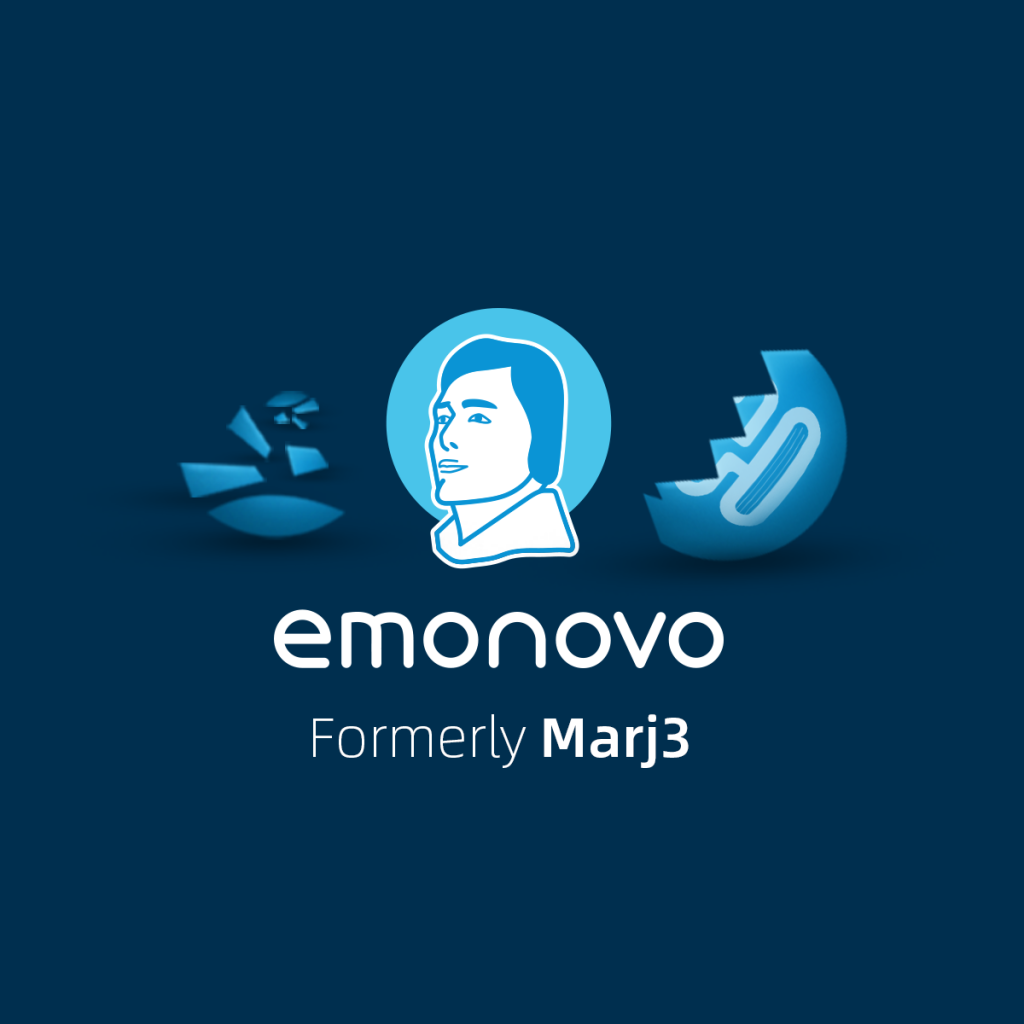Emo was the 1st international student, now it is your turn.
Search among +1000 degree programs in one place!

Why Choose Emonovo?
Smooth Process
We help you with an easy process that is fast and efficient.
Admission Counselling
Get support on everything from program selection through applications, visas and travel! Full support for FREE!
+2,000 Programs
Choose from +2,000 programs across USA, Europe and many more.
+2,000 Programs
Choose from +2,000 programs across USA, Europe and many more.
Visa/Doc Assistance
Our team of experts are always ready to help with the visa process, or any documents preparation.
Visa/Doc Assistance
Our team of experts are always ready to help with the visa process, or any documents preparation.
Multilingual Content
Our content is available in both languages, Arabic and English.
It is for FREE
You’ll never have to pay for anything with our service! It’s completely for free without any hidden fees.
Are you willing to study abroad?
Book a free quick one to one meeting with our educational counsellors to support you with your studying abroad journey.
It’s completely for free.

How it works
01
Pick and Apply
Use Emonovo advanced filtration and tools to find the suitable program and fill a basic application on the platform.
02
Submit Documents
Emonovo counsellor will guide you through documents and provide you with needed support.
03
Get Accepted
The university reviews your application and issue an acceptance letter for you.
03
Get Accepted
The university reviews your application and issue an acceptance letter for you.
04
Apply for Visa
Emonovo experts guide you through the visa process.
04
Apply for Visa
Emonovo experts guide you through the visa process.
05

Begin Your Journey
Pack your bags and get ready for your new educational adventure. Yaaay!



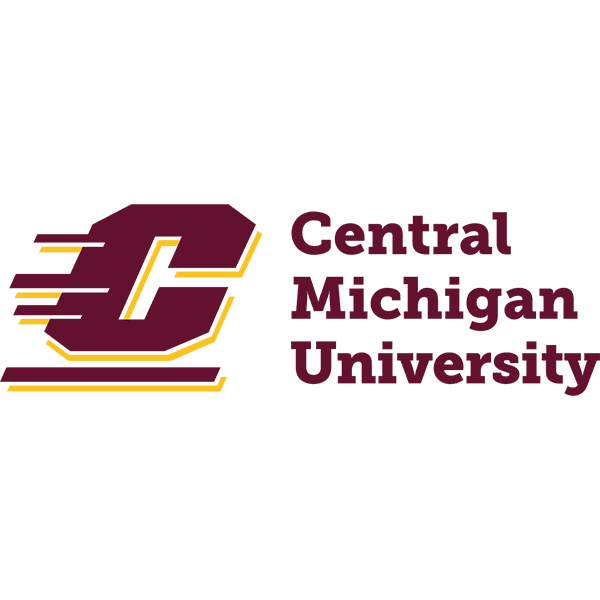


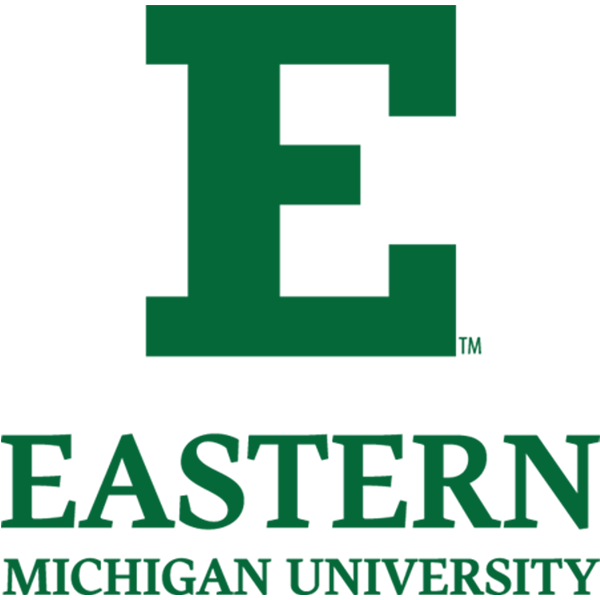
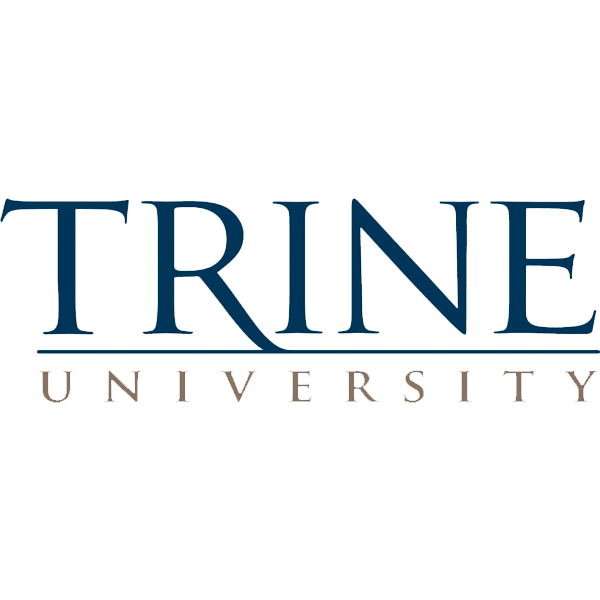








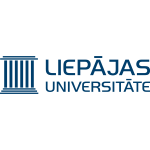

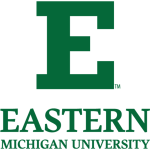

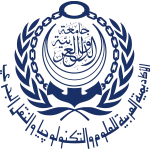



Diverse Pool of Universities
Emonovo has built partnerships with +300 universities from 10 countries around the world.
Emonovo High School Partners
Emonovo partners with schools to provide their students premium support to study abroad.

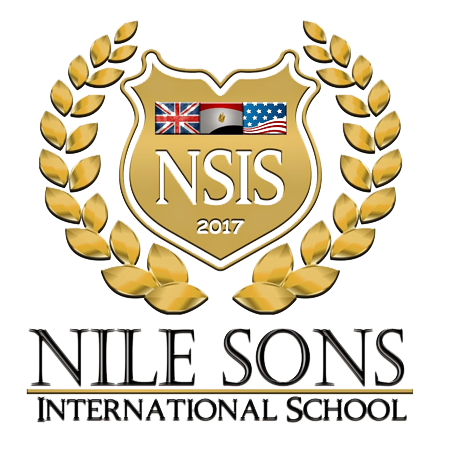




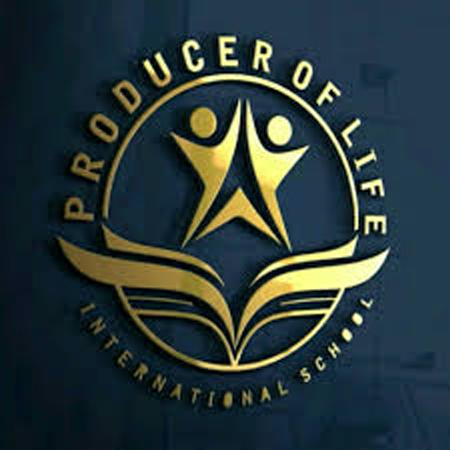

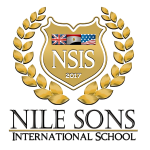




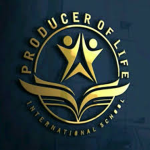
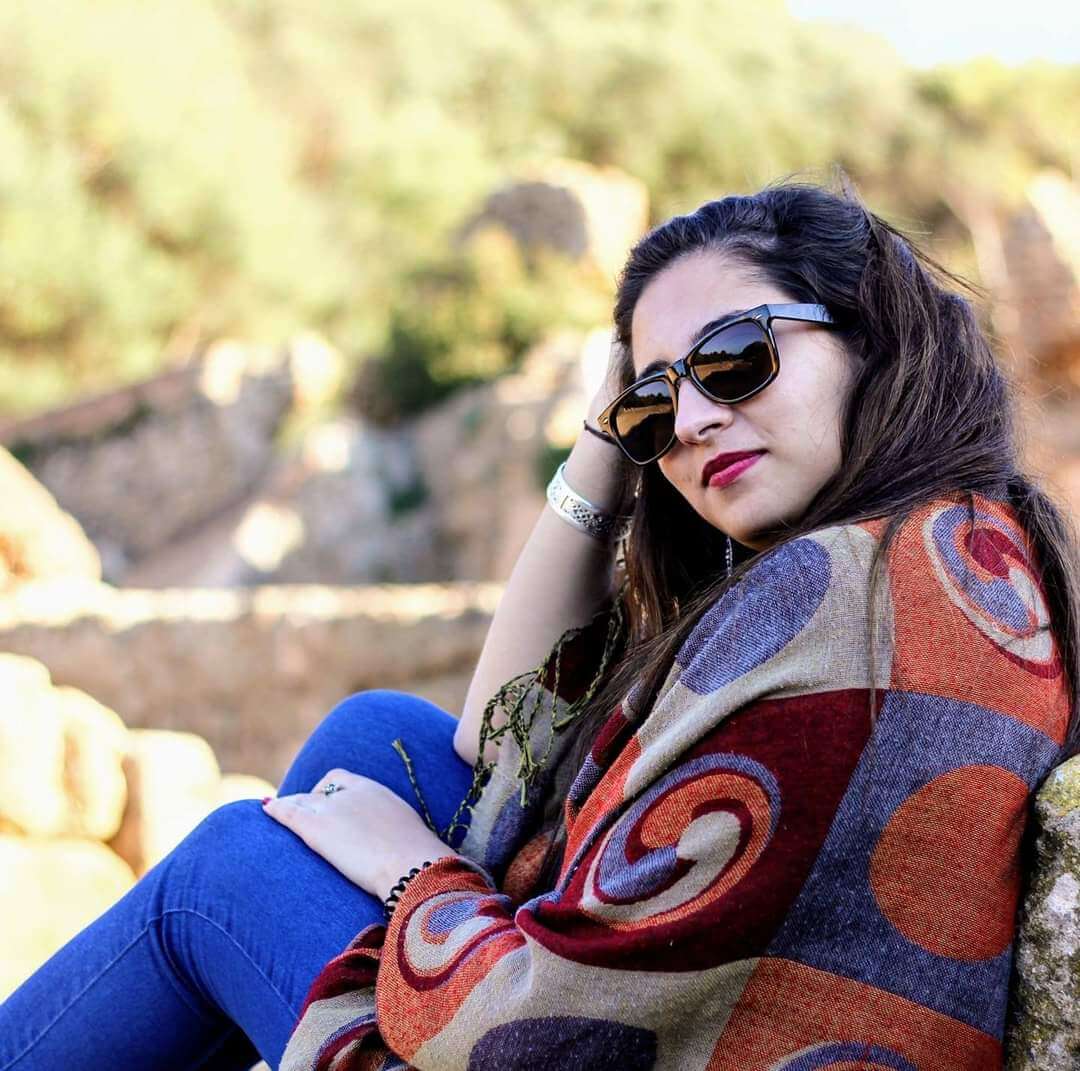

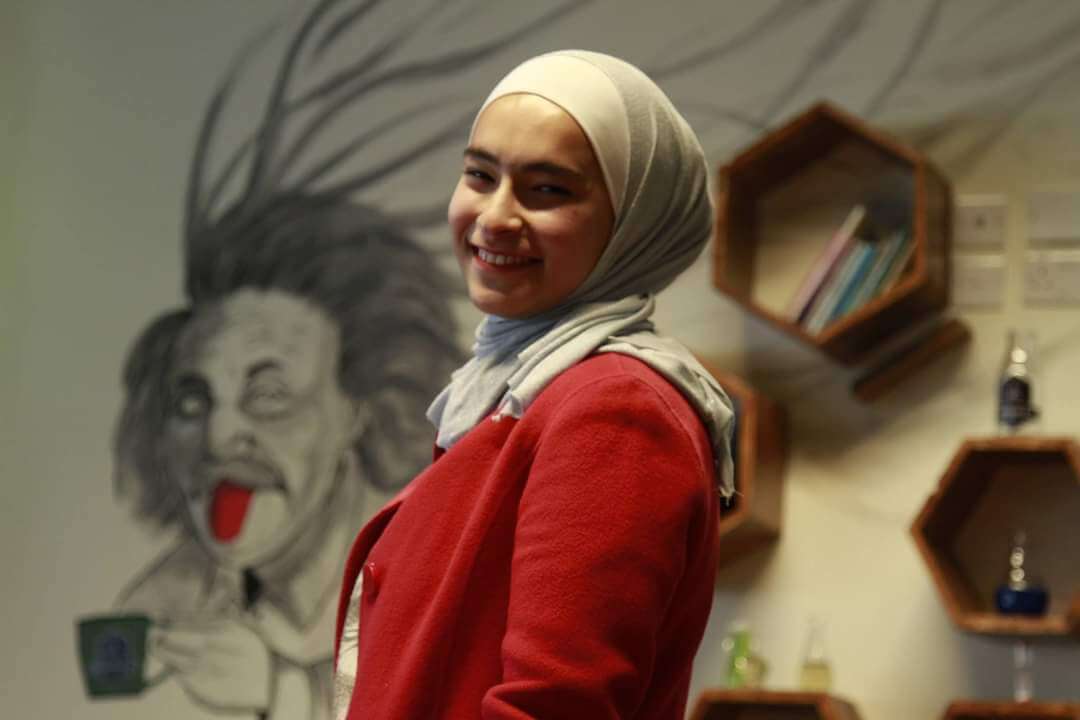


Get the latest education news

Featured in




